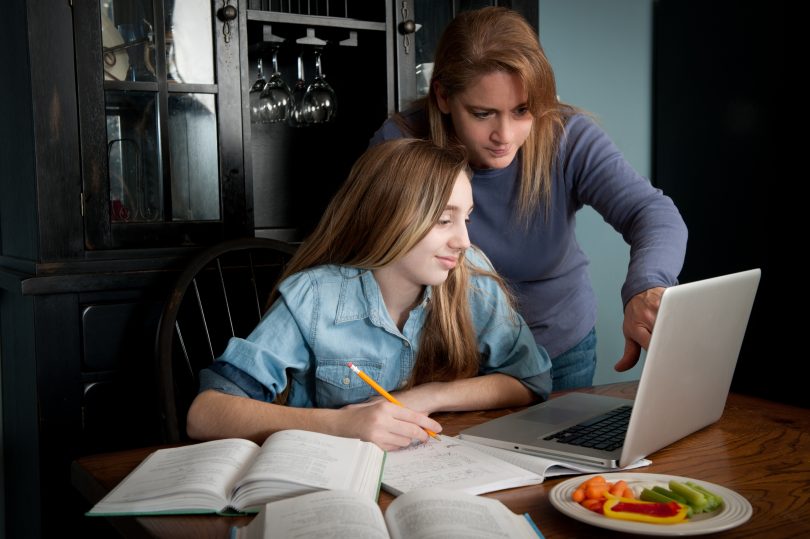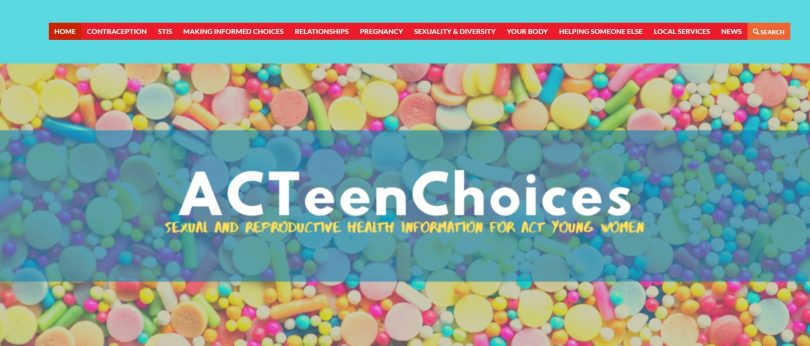
A new website to help parents navigate discussions about sexual and reproductive health with their children. File photo.
One of the common challenges of parenting adolescent children comes when it’s time to have conversations about reproductive health, relationships and sexuality.
In a world where there is a lot of exposure to sex, it can be pretty daunting when it’s time to provide guidance and support for young people.
Most parents want to provide useful information and assist young people to develop the skills to make good choices when it comes to relationships, reproductive health and sexuality. These conversations about how bodies are changing, how to build strong positive relationships and how to navigate the issues of consent and sexuality are ones that most parents want to be part of but often don’t know where to start.
Many people find that when it’s time to talk to their own young people about these issues, it’s hard to know if they are getting it right. It’s easy to second guess yourself, lack confidence or wonder if your information has become outdated.
These days when we don’t know the answer to something we often turn to the internet. This however is an area where looking for credible, trusted and appropriate information is particularly difficult.
That is why the launch of the website ACTeenChoices, by the Women’s Centre for Health Matters (WCHM) is a welcome addition to our virtual toolkit – not only for parents but for young people as well.

ACT TeenChoices was developed by WCHM.
This is a locally-based website, that has been developed in partnership with Sexual Health and Family Planning (SHFPACT), and with the support of the ACT Government. It was informed by discussions with young people, local youth-focused services and the Youth Advisory Council of the ACT.
The website was developed following WCHM research that found that it was really hard for young women and men, and their parents, to find credible and trusted links about these issues.
We know that teenagers and their parents want to find good information about contraception, pregnancy-related topics, STI prevention and STI treatment. We know there is interest in information and resources about what makes a relationship healthy or unhealthy and realistic expectations about sex.
Common concerns for young people and their parents today revolve around issues such as the safe use of technology and normal body image. In the #metoo era, we know that we must do better to support everyone, including young people, to understand what consent looks like.
In addition to trusted online information, the research also found that it was difficult for young people and their parents to find information about local services that could have been accessed to provide reliable and trusted advice and support.
The website has been designed to provide easy local access to a range of reputable and trusted information sources and resources that are targeted to younger people. It uses a range of technology and methods used by younger people including animations, videos and images to spark interest and encourage engagement.
This is just the first stage of the website design and more information will be added and information adapted as WCHM receives input and feedback.
While having these conversations can make parents feel self-conscious or challenged, it’s vital that we have them. Research shows that young people who received sex education from their parents will benefit. While they won’t delay their first sexual encounter, they are more likely to engage in safer sex practices such as the use of condoms, and more likely to seek advice and support from their parents about these issues.
What are good online information resources you have found to help talk to your young people about important issues?












